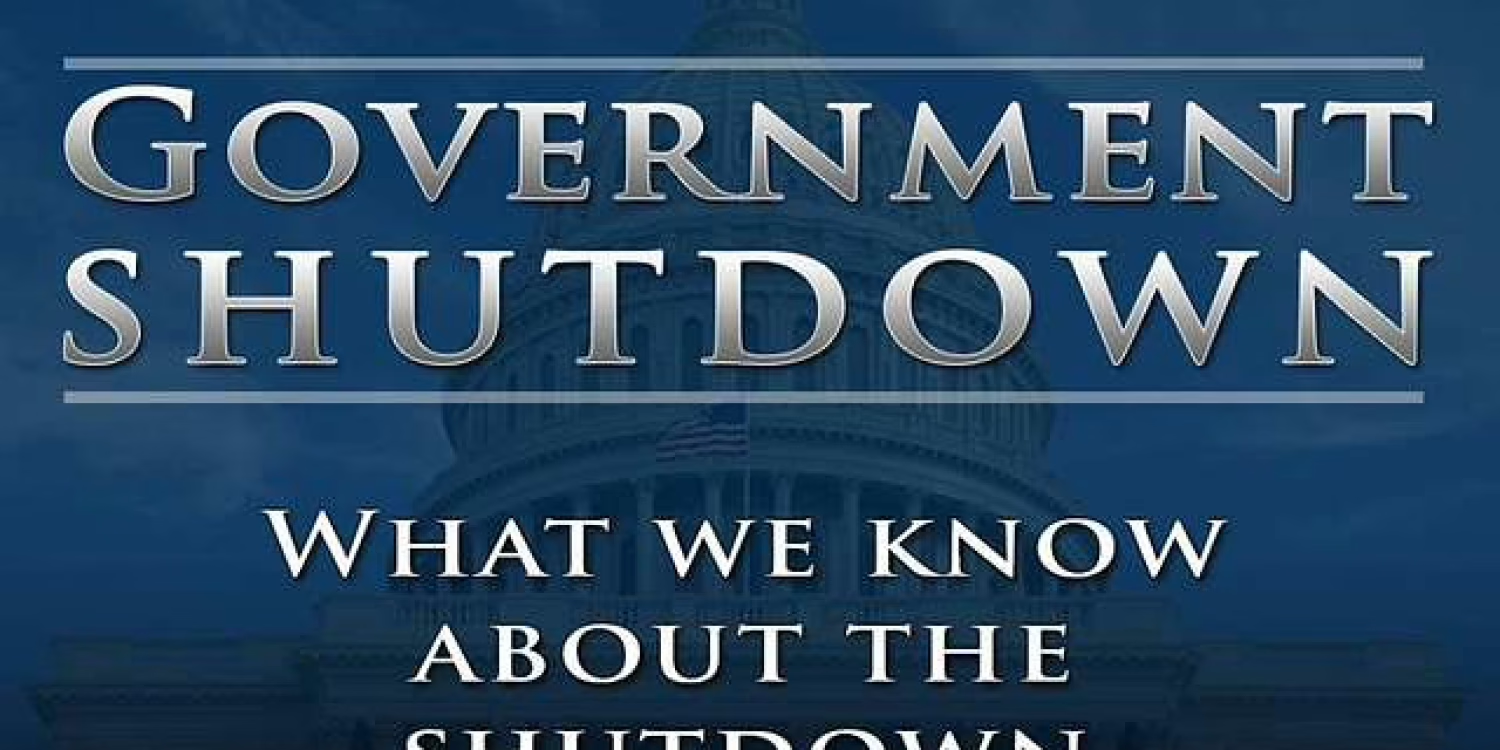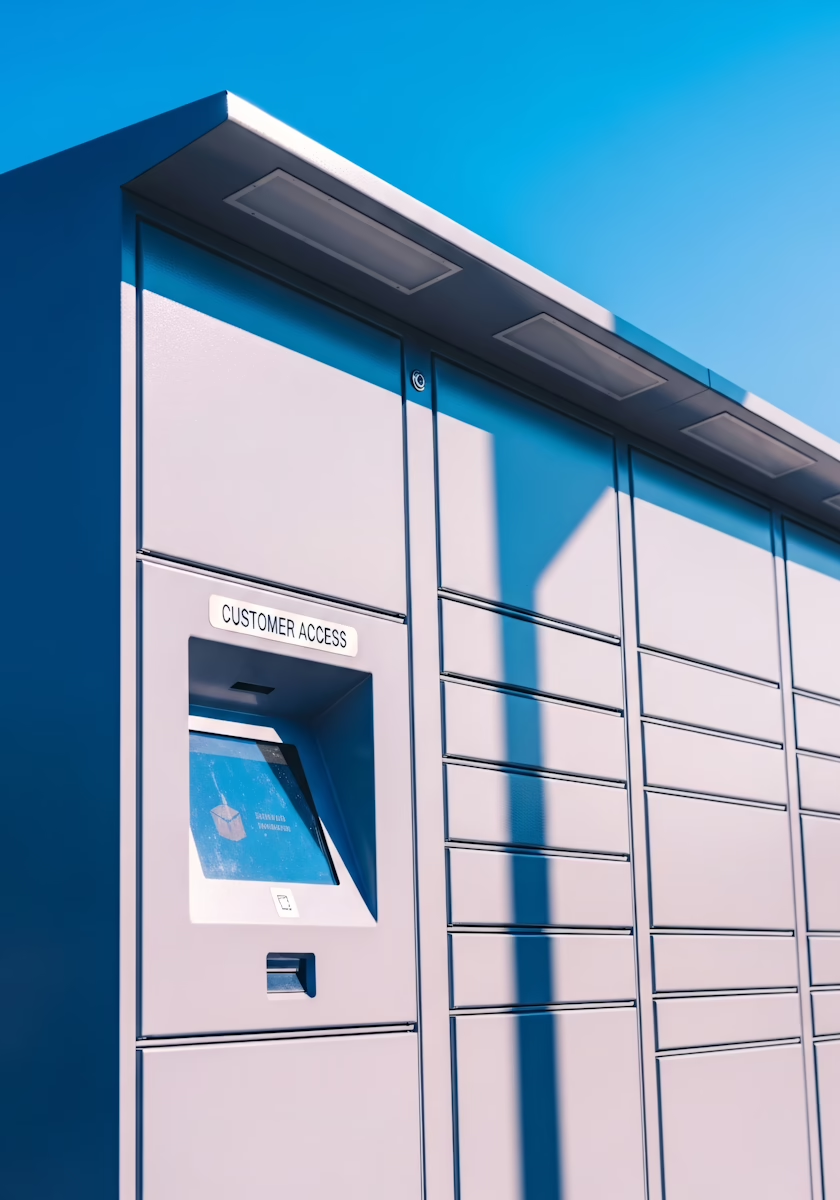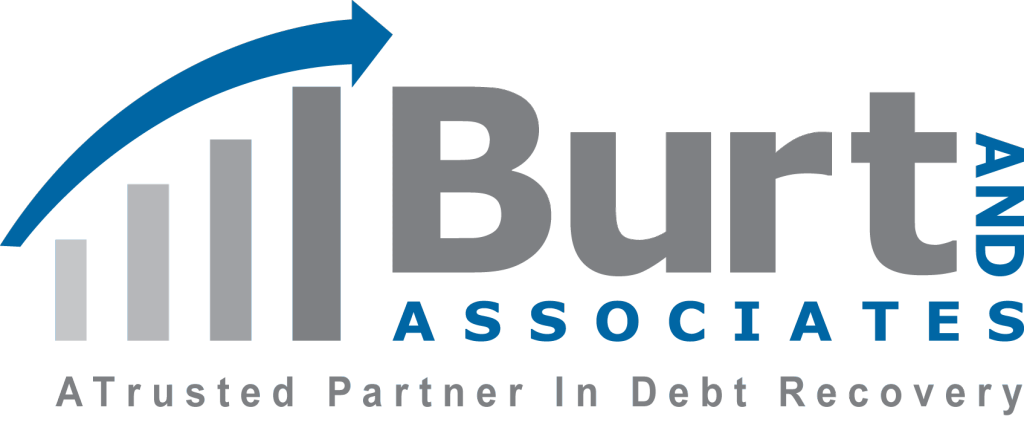The U.S. federal government shutdown has entered its second week, and uncertainty is mounting across the nation. For the first time in years, agencies are preparing not only for furloughs but for potential layoffs. The financial implications stretch beyond Washington, affecting contractors, local businesses, and industries that depend on predictable cash flow. For debt collection agencies and commercial creditors, the shutdown underscores the critical role of professional recovery strategies when the economy stalls.
Table of Contents
- Shutdown Overview & Economic Context
- Why Layoffs Are Emerging as a Threat
- Legal Constraints & Labor Response
- Impact on Businesses, Contractors, and Collections
- The Broader Economic Ripple Effect
- What Businesses Can Do Now
- Conclusion
Shutdown Overview & Economic Context
The 2025 shutdown began on October 1 when Congress failed to reach a funding agreement. According to the Office of Management and Budget (OMB), nearly 1.6 million federal employees have been affected — either furloughed or working without pay. Federal contractors, who often provide IT, logistics, and professional services, are facing frozen payments and halted projects.
Historically, shutdowns have been temporary, with operations resuming once a continuing resolution passes. But this time, the tone is different. Several departments have been directed to prepare contingency plans for reductions in force (RIFs), suggesting some furloughs could transition into permanent layoffs. Such directives heighten anxiety not only among federal workers but also within the private sector, which relies heavily on government spending.
Why Layoffs Are Emerging as a Threat
The shift from furloughs to layoffs stems from prolonged inaction. Agencies are required to operate within appropriated budgets under the Antideficiency Act, which prohibits most financial obligations without congressional approval. With no budget in place, departments are prioritizing essential services and identifying programs that may never fully resume.
As funding freezes ripple through the economy, they touch every tier. Contractors lose revenue, small businesses see delayed receivables, and consumer confidence declines. When money stops circulating, businesses dependent on predictable payments turn to commercial debt collection agencies to stabilize cash flow and manage delinquent accounts.
Legal Constraints & Labor Response
Labor unions representing federal employees have filed challenges, arguing that layoffs during a funding lapse may violate due process. Lawmakers have requested greater transparency, urging agencies to issue 60-day notices and justify any RIF plans. Legal analysts suggest mass layoffs during a shutdown could lead to lengthy disputes, potentially costing more once operations resume.
Meanwhile, contractors and subcontractors lack the same legal protections as federal employees. Many face immediate financial exposure when payments halt, forcing them to delay payroll, cut staff, or seek assistance with recovery. These downstream effects illustrate how interconnected the public and private sectors truly are.
Impact on Businesses, Contractors, and Collections
Every government shutdown slows the flow of capital, but a prolonged one introduces deeper structural risks. For small and mid-sized companies, delayed payments quickly turn into overdue accounts. Without intervention, invoices enter collection cycles, vendors tighten credit terms, and interest accrues.
Debt collection agencies like Burt and Associates play a vital role in helping businesses recover funds during these disruptions. Through professional negotiation, documentation, and compliance-driven processes, they preserve relationships while protecting cash flow. Their experience with B2B debt recovery ensures that companies can continue operations even when clients, including government vendors, face payment interruptions.
Beyond collections, shutdowns alter how businesses manage receivables. Many firms shift from open credit to stricter net terms or request partial payments upfront. This cautious behavior helps mitigate losses but can also slow new business growth. By integrating a strategic recovery plan with trusted collection partners, companies can stay solvent without sacrificing client trust.
The Broader Economic Ripple Effect
The shutdown's impact goes far beyond paychecks. Reduced consumer spending, delayed procurement, and declining confidence ripple across industries, particularly those tied to federal operations, such as defense, construction, energy, and research.
In regions such as Northern Virginia, Maryland, and parts of Texas, where federal contracting is a major employer, local economies could see immediate downturns. Restaurants, small suppliers, and service businesses dependent on steady income streams may experience higher delinquencies, adding strain to the business debt recovery sector.
For lenders and creditors, the financial uncertainty amplifies credit risk. Monitoring aging accounts becomes essential. Businesses with large receivable portfolios must act early to prevent debts from aging beyond recovery thresholds. Professional collection partners provide insight into debtor communication, legal compliance, and structured repayment agreements that preserve liquidity through volatile periods.
What Businesses Can Do Now
While no company can control a government shutdown, there are proactive steps to mitigate damage:
- Review Outstanding Receivables: Identify accounts tied to government contracts or indirectly affected industries. Segment high-risk accounts early.
- Communicate Promptly: Reach out to clients with overdue balances. Open, empathetic communication often prevents default.
- Engage a Commercial Debt Collection Partner: Partnering with an established agency like Burt and Associates ensures professional recovery and legal compliance, particularly when cash flow slows unexpectedly.
- Adjust Payment Terms: Offer shorter credit windows, partial deposits, or structured plans to minimize exposure while maintaining business relationships.
- Plan for Contingencies: Evaluate working capital reserves and credit lines to sustain operations during extended federal disruptions.
These actions not only protect liquidity but also project stability to clients, investors, and employees, a vital advantage amid headlines dominated by uncertainty.
Final thoughts
As the government shutdown drags on, its reach extends far beyond Washington’s bureaucracy. Federal employees face job insecurity, while private-sector partners struggle with unpaid contracts and cash flow shortfalls. In this environment, debt collection agencies become essential allies in helping businesses navigate financial turbulence.
Burt and Associates has worked with companies nationwide for decades, providing professional, ethical, and results-driven commercial debt recovery. By maintaining communication, enforcing compliance, and safeguarding relationships, businesses can endure short-term disruptions and emerge stronger once operations resume.
This article provides general information, not legal or financial advice. For guidance on debt recovery, government contract receivables, or managing collections during economic disruptions, consult a qualified professional or your trusted commercial collection agency.
As a finance manager, you understand the importance of a smooth and timely financial close. But even with the best strategies, challenges can arise. That’s where the right partnership can make all the difference. At Burt and Associates, we specialize in tailored, ethical debt collection practices that align with your business goals. By integrating our services, you can focus on optimizing your financial close process without the added stress of managing overdue accounts.
We know every business is unique, and that’s why we work closely with you to develop a customized approach that meets your specific needs. Whether you’re dealing with complex financial situations or simply looking to improve cash flow, our team is here to support you every step of the way.
Let’s turn those strategies into results together. Take the first step towards a more efficient financial close by reaching out to us today.
Let's Work Together to Optimize Your Business!
At Burt and Associates, we specialize in business-to-business (B2B) debt collection, prioritizing strong business relationships and tailored ethical recovery practices. Choose the approach that best fits your needs, and let’s take the first step toward improving your cash flow.
If you’re ready to discuss your overdue accounts and explore customized solutions, schedule a free consultation with one of our experts.
Schedule an Appointment.
Commercial Collection Topics
- Challenges and Ethical Considerations of Deploying Agentic AI in Banking Artificial intelligence is no longer just supporting banking; it's increasingly taking on agentic roles, making decisions, initiating actions, and shaping...
- Younger Shoppers Could Keep Holiday Spending Afloat: What It Means for Businesses While economic uncertainty and inflation continue to challenge U.S. businesses, there's one bright spot on the horizon: younger shoppers. Analysts...
- Rising Credit Card Debt Signals Growing Stress for U.S. Households Americans are carrying more credit card debt than ever before, with balances surpassing $1.3 trillion in 2025 according to data...
- Debt Collecting and the CFPB: How They Interact The current director of the CFPB, Mick Mulvaney, was nominated by President Trump to lead the Office of Management and...















